Lost Exegesis (White Rabbit) — Part 1

White Rabbit really does represent a rabbit hole for the series. The Pilot was, well, the pilot, the story to get you hooked. Tabula Rasa was what an ordinary episode of Lost television might look like, and Walkabout showed off all kinds of technical and emotional chops. And all of them played with certain intriguing aesthetics. This episode plays off each of the previous ones, demonstrating a certain structural and thematic continuity, while continuing to broaden the chasm gaping open upon the show’s Mysteries.
We should start with the Flashbacks and the Mirrors. Two episodes in a row now, we’ve begun with an Opening Eye in the focal character’s Flashback. This is an example of continuity, a way of visually juxtaposing two characters, in this case Jack to Locke. It also makes three of five episodes opening with the same image – this is now a part of the show’s overall language, a language that is largely symbolic or at least unspoken (which we’ll get to, I promise).
We’ll get to the Locke/Jack stuff in a bit, but first let’s take a longer look at these Flashbacks. Jack’s first is when he’s sitting on the beach, presumably meditating on the time when Mark Silverman got “jumped” by a couple of bullies. Jack tries to change what’s happening, but his efforts are useless – he gets punched in the eye, and the screen goes blank, filled in with the cries of what’s happening now on the Island, which is Charlie shouting Jack’s name while someone drowns at sea. Jack tries to save the drowning woman, but only comes back with Boone.
So there’s an obvious parallel here about the futility of Jack’s actions. Given the iconography in the other Flashbacks, though, one thing that might go unnoticed in this mirroring is what’s actually in the dialogue – the boy Jack tried to save when he was just a kid was named “Silverman.” A reflective surface, a mirror, and entirely symbolic. Which we only learn in the next Flashback, in what’s quite possibly the most important scene in Jack’s character development, the talking to he gets from his father.
FATHER: I had a boy on my table today. I don’t know, maybe a year younger than you. He had a bad heart. It got real hairy, real fast. And everybody’s looking at your old man to make decisions. And I was able to make those decisions because at the end of the day, after the boy died, I was able to wash my hands and come home to dinner. You know, watch a little Carol Burnett, laugh till my sides hurt. And how can I do that, hmm? And even when I fail, how do I do that, Jack? Because I have what it takes. Don’t choose, Jack, don’t decide. You don’t want to be a hero, you don’t try and save everyone because when you fail… you just don’t have what it takes.
Jack’s father tells a tale of failure – and failing is just what we’ve seen Jack experience twice in a row.…

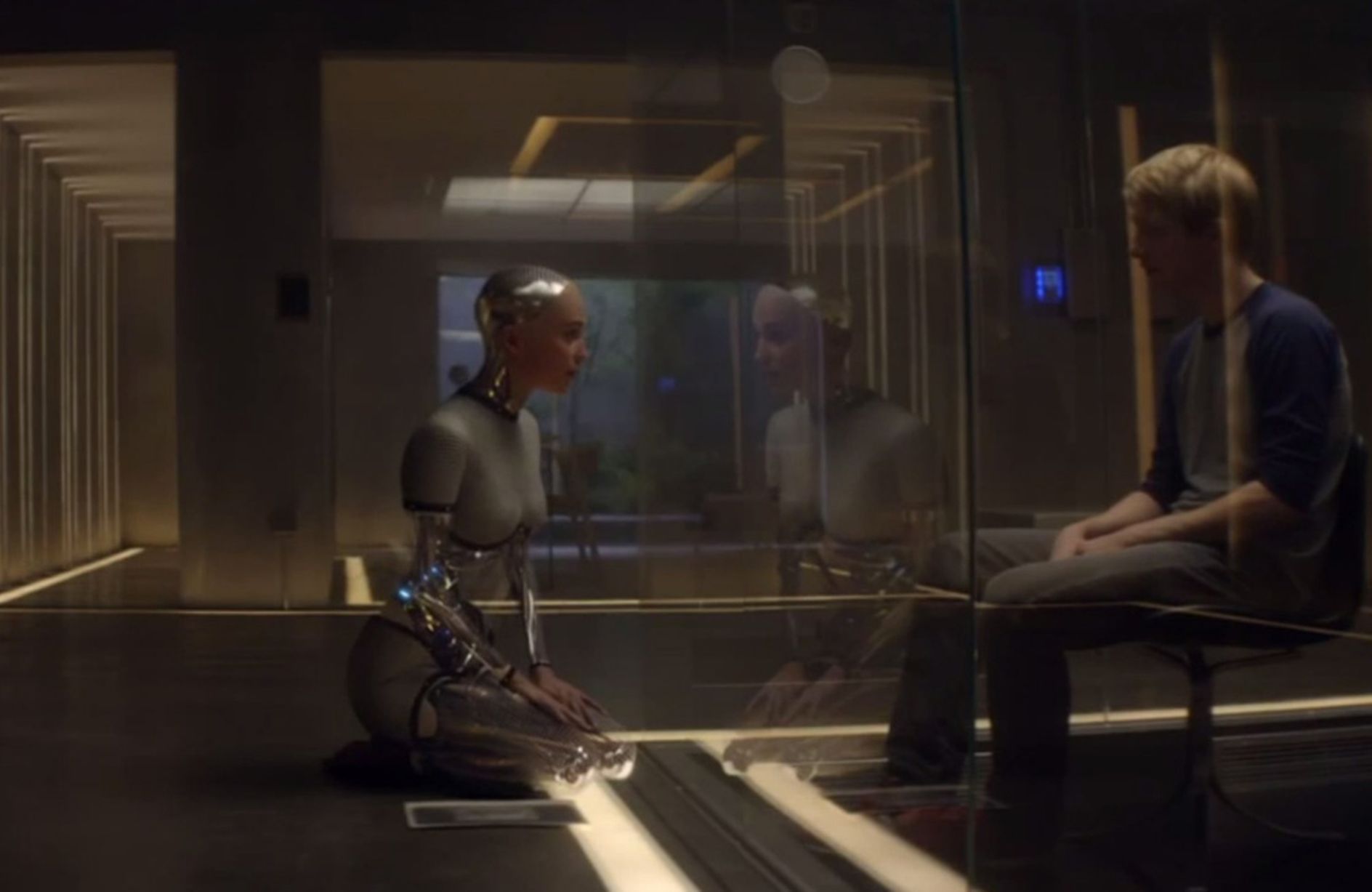 Another preview essay from Guided by the Beauty of Their Weapons,
Another preview essay from Guided by the Beauty of Their Weapons, 
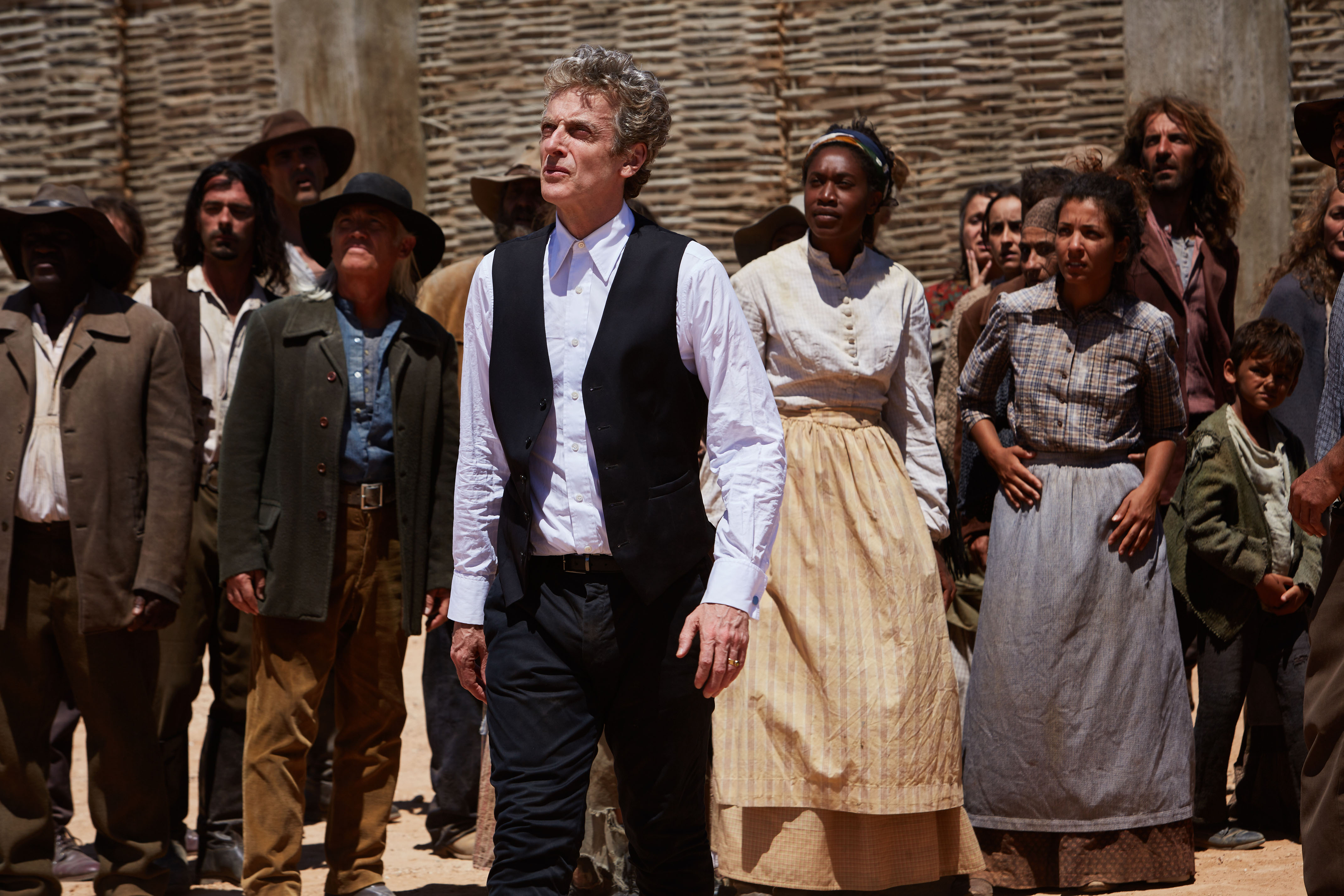 Moffat must go.
Moffat must go.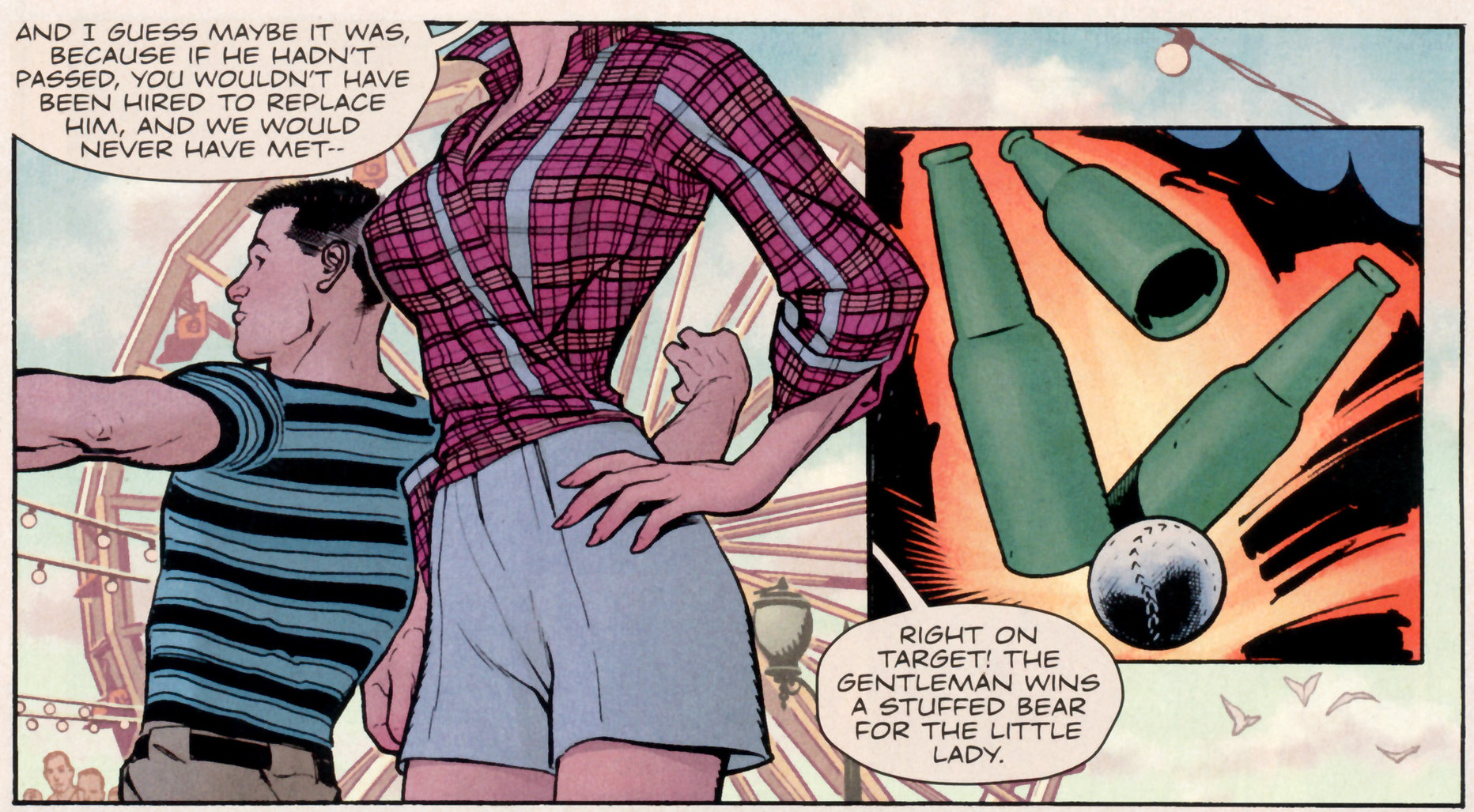
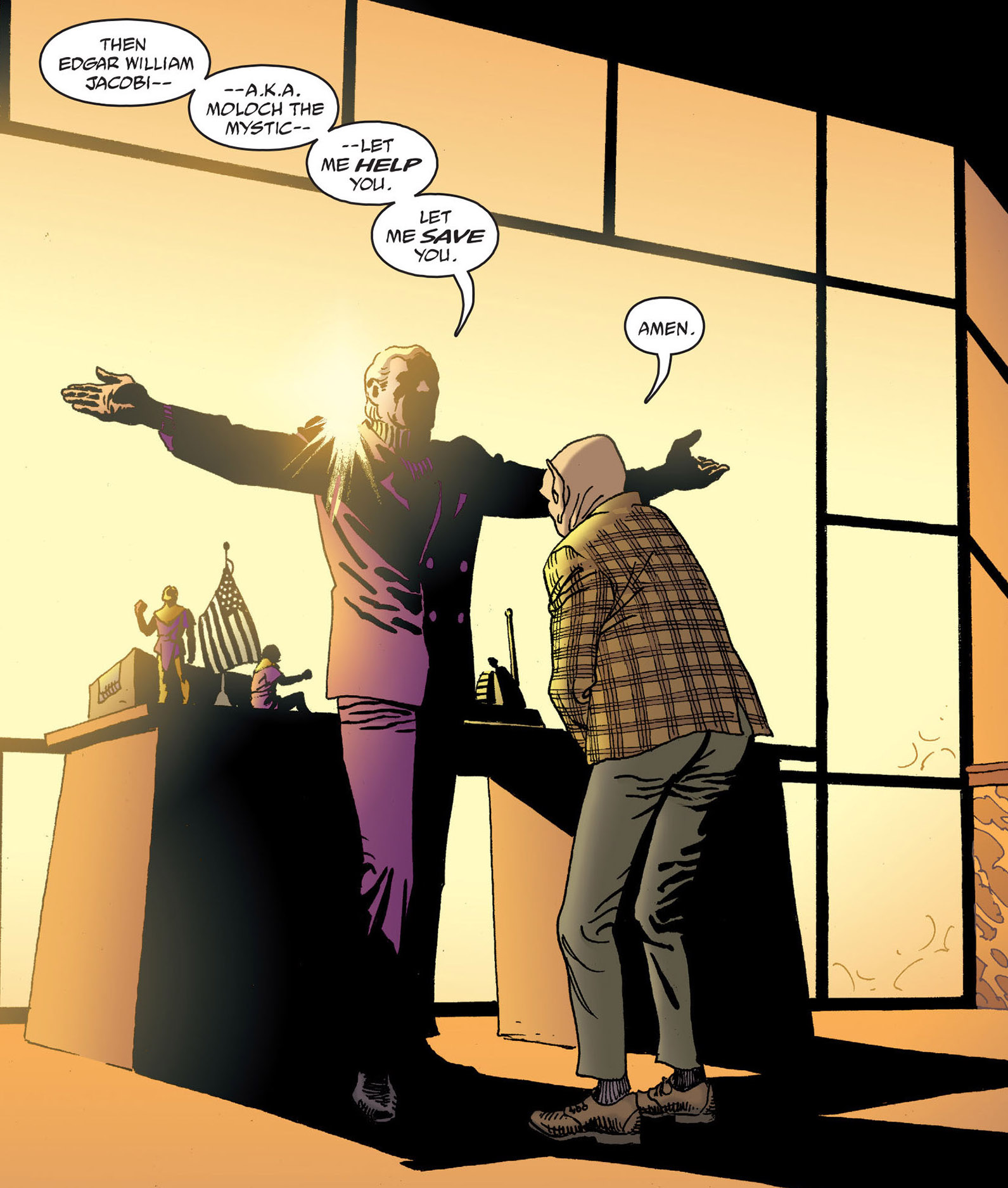

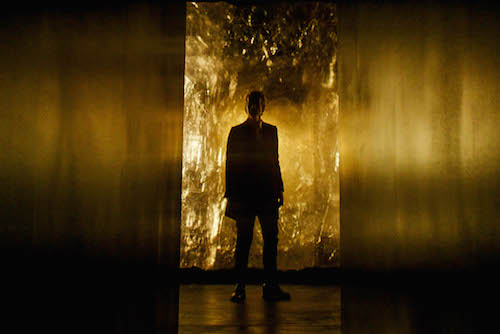 I’m joined this week by Elliot Chapman, Big Finish’s Ben Jackson, for an utterly spellbinding conversation about Heaven Sent and acting, including some fascinating discussion of Capaldi’s technical approach and how it compares to several of his predecessors. It’s an absolutely fantastic conversation,
I’m joined this week by Elliot Chapman, Big Finish’s Ben Jackson, for an utterly spellbinding conversation about Heaven Sent and acting, including some fascinating discussion of Capaldi’s technical approach and how it compares to several of his predecessors. It’s an absolutely fantastic conversation, 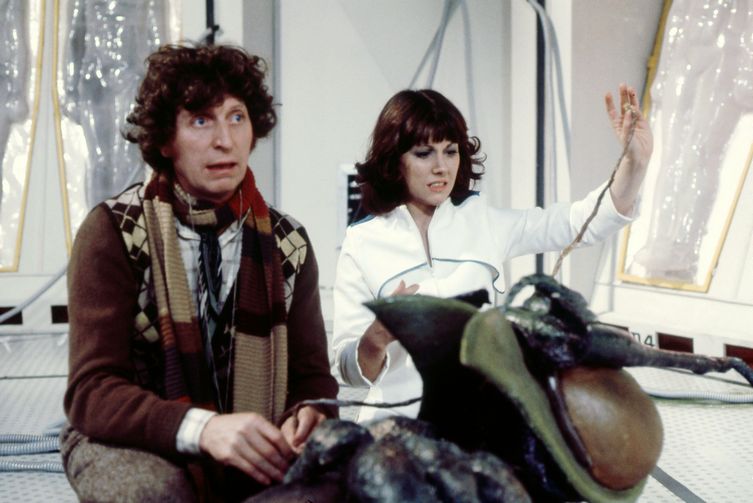 On ‘The Ark in Space’.
On ‘The Ark in Space’. Invincible Iron Man #4
Invincible Iron Man #4 Eruditorum Press is pleased to announce the release of Pex Lives 28, on the Peter Davison non-classic Black Orchid. In this episode, Kevin and James chat the new series, the horrible fucking state of the world, John Carpenter, and Black Orchid.
Eruditorum Press is pleased to announce the release of Pex Lives 28, on the Peter Davison non-classic Black Orchid. In this episode, Kevin and James chat the new series, the horrible fucking state of the world, John Carpenter, and Black Orchid.